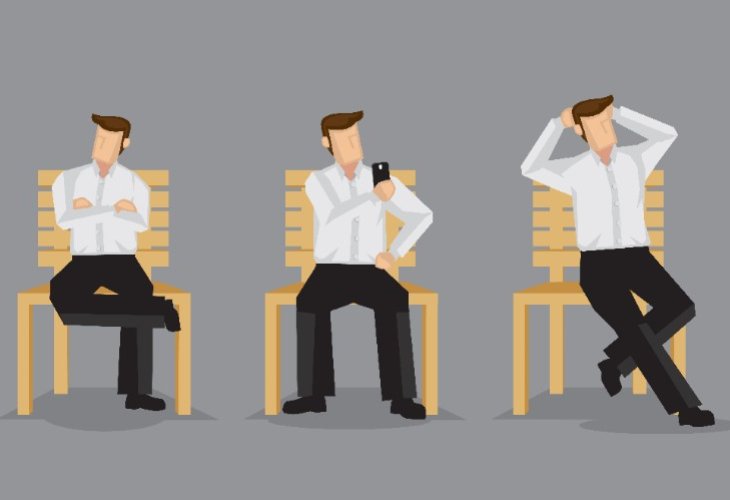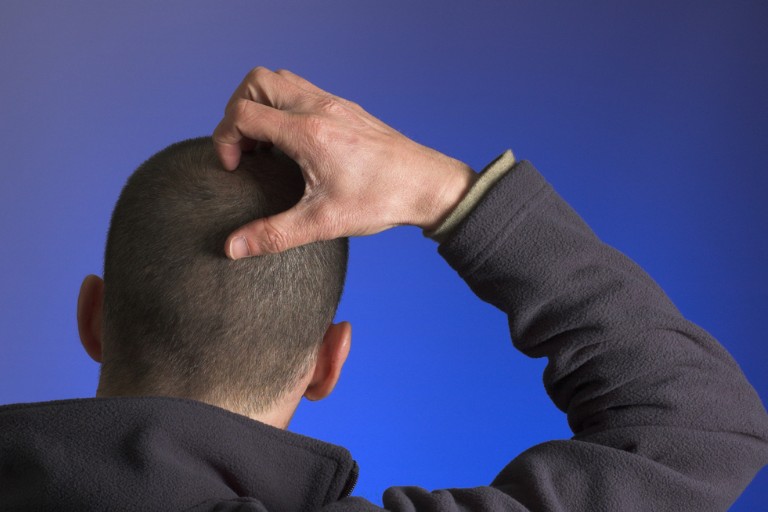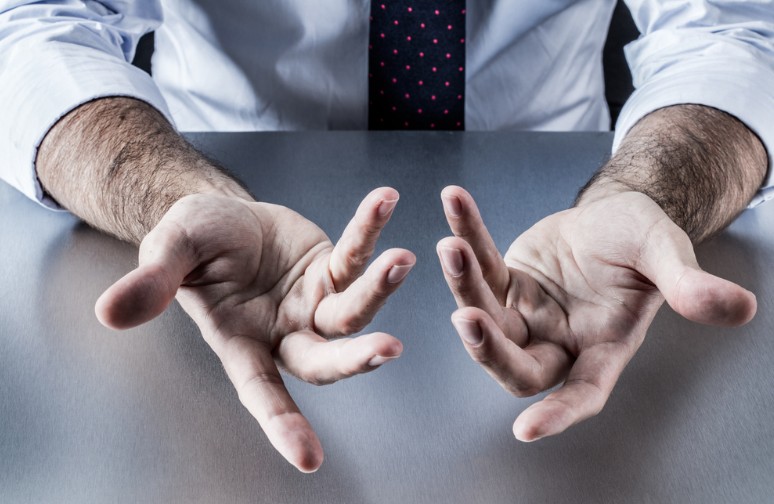Personality Development
Beyond Words: The Hidden Power of Body Language
Decoding expressions, gestures, and movements to connect better and communicate smarter.
 (Photo: shutterstock)
(Photo: shutterstock)Have you ever wondered why people suddenly lose interest in a conversation? Have you ever said something completely innocent, only to find the other person deeply offended? Or perhaps you offered a compliment, and instead of appreciating it, the other person felt insulted?
According to Dina Lemberger, a body language instructor at the “Tnuda” Institute, these misunderstandings can be avoided if we understood the power of body language. For years, Dina wondered why some people took everything so personally, even comments that weren’t intended to offend.
“These questions led me to dive deeply into the study of facial analysis,” she shares. “I studied at colleges and with private instructors, eventually learning body language interpretation privately under Dr. Amir Elmer, the leading expert in Israel on the subject. I know how to communicate more effectively with my family, my spouse, and my children. I can understand what people are comfortable hearing, what makes them uncomfortable, and I read their mood through their movements and expressions.”
 (Photo: shutterstock)
(Photo: shutterstock)
The Difference Between a Real Smile and a Fake One
Dina shares these insights through her courses at the Tnuda Institute. “One movement can be worth a thousand words,” she says, explaining the name of the institute. “Body language speaks louder than words. In fact, studies show that communication is made up of three main parts: tone of voice (38%), words themselves (7%), and body language (55%)!”
Interestingly, body language also has roots in Torah sources. Dina points to a passage in Proverbs (6:12–14), where King Solomon describes a corrupt man using physical traits: “A scoundrel, a wicked man, walks with a crooked mouth, winks with his eyes, scrapes with his feet, points with his fingers...” “These four body parts- mouth, eyes, feet, and hands- signal deception and ill intent", she explains.
 (Photo: shutterstock)
(Photo: shutterstock)Smiling: A Game Changer
How can we apply this knowledge? Dina's tip? Smile. “Teach yourself to smile, even if you need to leave yourself reminders. Smiling affects your mood, your words, and even your relationships. When you smile, it’s hard to stay angry. Everything looks better.”
Not all smiles are created equal. “A real smile involves both the muscles around the mouth and those near the eyes. A ‘professional’ or polite smile usually uses just the mouth muscles, and often with closed lips. Only a genuine smile truly communicates warmth and a desire to connect.”
Body Language in Dating: Less Intensity, More Sensitivity
If you're in the dating stage, Dina advises caution: “Facial analysis, though powerful, doesn’t apply well to dating. This is because you can’t read a person’s goals or long-term aspirations through facial structure- and marriage is all about shared goals.”
Still, body language during a date is crucial. “Sit at the same height because if one person is higher up, it subconsciously signals dominance. Pay attention to your date’s signals: scratching the face can indicate discomfort or difficulty expressing something; stroking the face might mean they’re enjoying the conversation. Lip biting could signal unease, while licking the lips might suggest pleasure or interest.”
“When walking together, keep a relaxed pace. And when sitting, avoid sitting directly opposite each other- try a diagonal angle instead, as face-to-face intensity can feel threatening. Look your date in the eyes- but not too intensely.”
 (Photo: shutterstock)
(Photo: shutterstock)Body Language in Job Interviews: Show Confidence, Not Arrogance
“First impressions matter,” Dina stresses. “Walk into the room calmly. Since the interviewer often sits higher, the interviewee might feel intimidated. Sit with confidence- upright but not rigid- and create a diagonal seating angle for comfort.”
Regarding clothing, Dina offers some helpful suggestions: “Women should wear soft, pastel colors as they give off warmth and friendliness. Hairstyles should be natural and soft. With headscarves, go for gentle tones. Men can opt for a tailored shirt or suit, but in some workplaces, a very formal outfit might create distance or intimidate the employer. It’s best to understand the company culture and dress accordingly.”
 (Illustration: shutterstock)
(Illustration: shutterstock)In the Classroom: Spotting the Struggling Student
Dina, who once worked as a teacher, notes how helpful body language can be in understanding students, especially during tests. “If a student sits firmly and confidently, she probably knows the material. A student who’s fidgety, looking around, or daydreaming likely didn’t study and might not benefit even from hints. A girl chewing her pencil might be anxious and just needs a little encouragement and trust.”
Reading People Makes Life Better
“You can apply these tools in almost every area of life,” Dina concludes. “When you understand the language of the body, people feel seen and understood.”
Would knowing that someone is analyzing your every move make you nervous? “Actually, the opposite happens,” she says. “People around me know I read body language, but I’ve never seen them become anxious. That’s because body language is a two-way street. If you use soft, empathetic movements, people feel your love and openness. As our sages say: ‘The heart is drawn after the actions.’”

